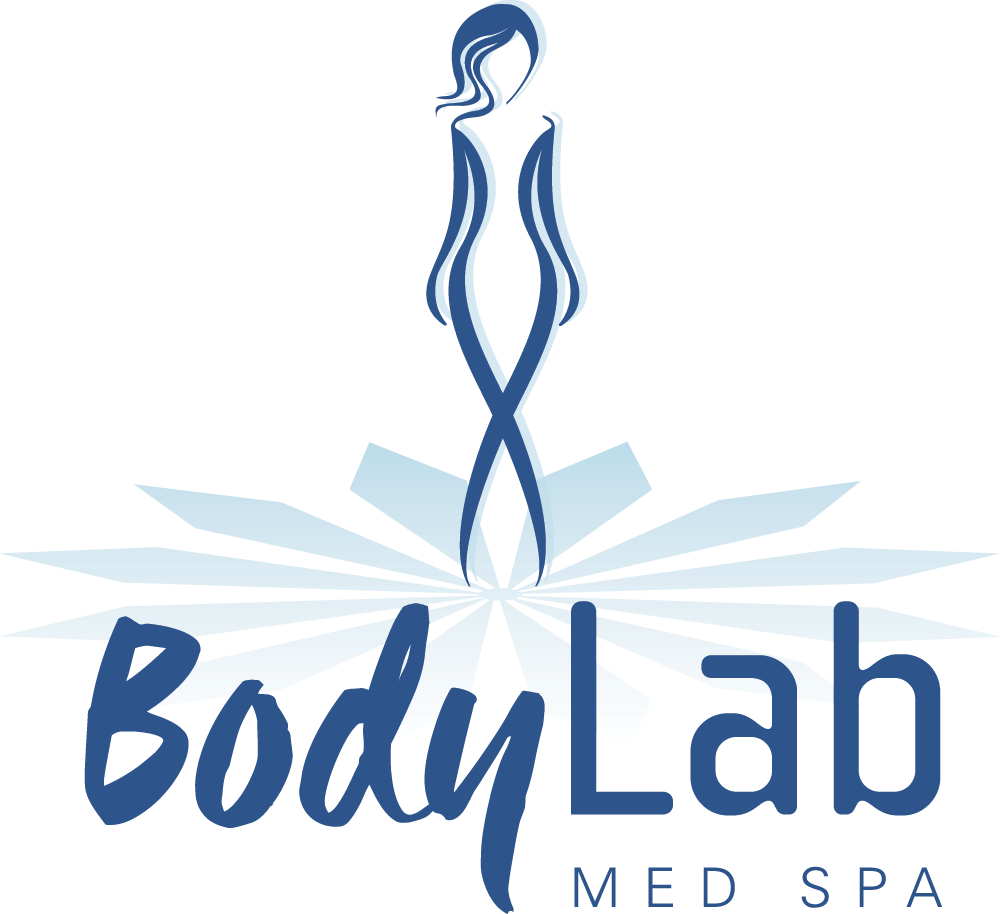Retinol (Vitamin A) is an important component for normal functioning for many organs of the body. In skin care, we use retinols to help increase cell turnover, promote collagen production, regulate the size and function of the sweat glands and as an anti-aging ingredient.
Retinol is a nutrient that synthesizes (combines) with your cells to create more collagen and elastin. Other ingredients such as peptides, are not nearly as effective as retinol, simply because they don’t function in the same way.
Common Complaints
Common complaints from retinol users include sensitivity, inflammation and other negative skin reactions. However, retinol itself might not be the problem. It might be that either the strength of the retinol is too potent for the individual’s skin type or the retinol is formulated with exfoliating or other irritating ingredients. Even if your skin is sensitive, when using the correct formula, it can be applied every night without irritation.
Vitamin A

Certain skin care ingredients can be stored in the body and saved for later use – retinol (Vitamin A) is not one of them. Whether you consume Vitamin A or apply it topically to your skin, it is only active for about 24 hours , then it works itself out through the liver or through your cells in your body. Regular application is needed in order to see the effects. So, if you use your retinol product only two to three times per week, you’re missing out on many nights when you need Retinol to start building that collagen and elastin, which is what truly slows down skin aging.
When used correctly, retinol (Vitamin A) can undoubtedly be a game changer for repairing the effects of skin aging as well as other skin concerns.
Learn More About Your Skin
If you’re interested to learn more about your skin and what you need for optimal skin health, contact us as BodyLab Med Spa for a complimentary skin consultation.

